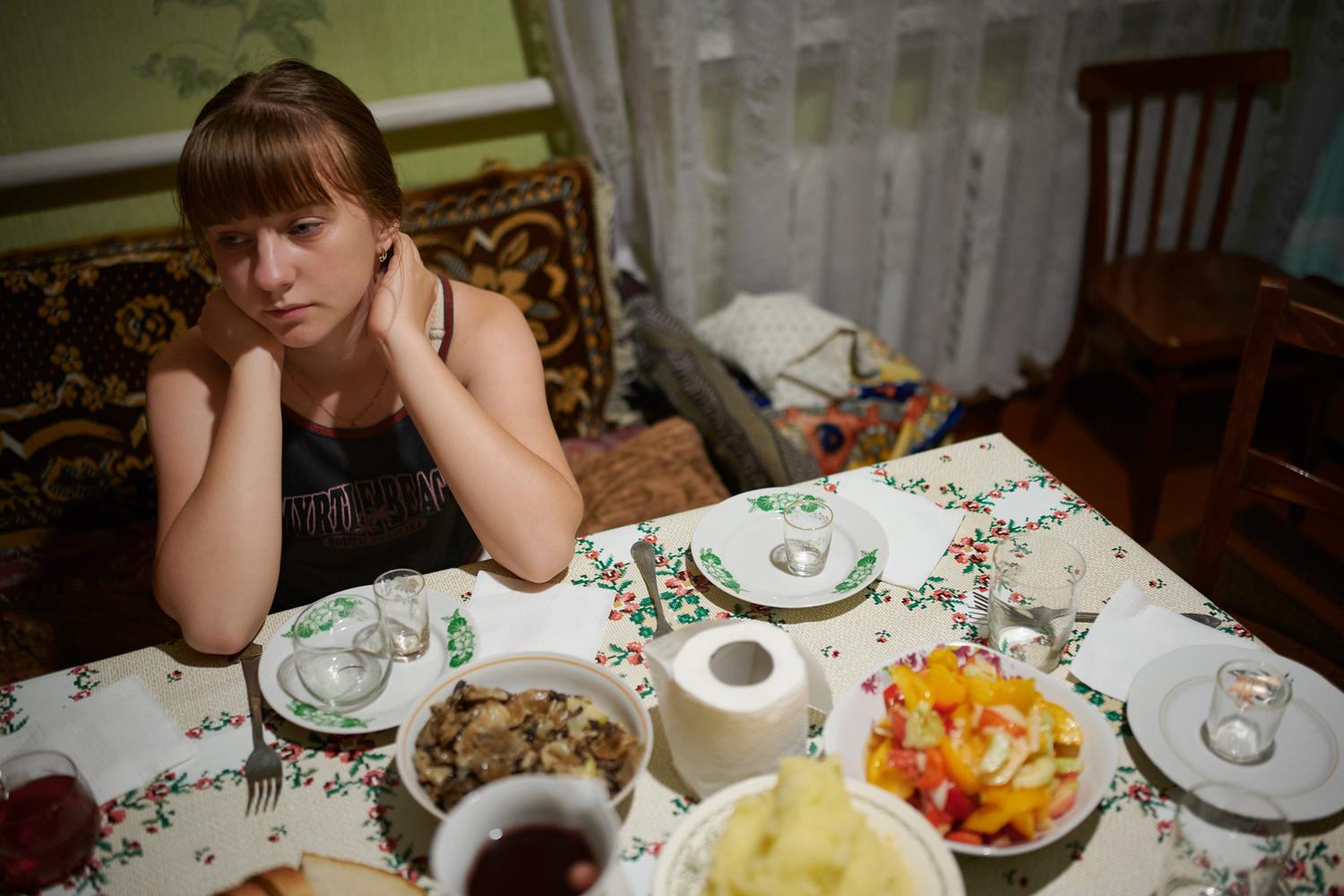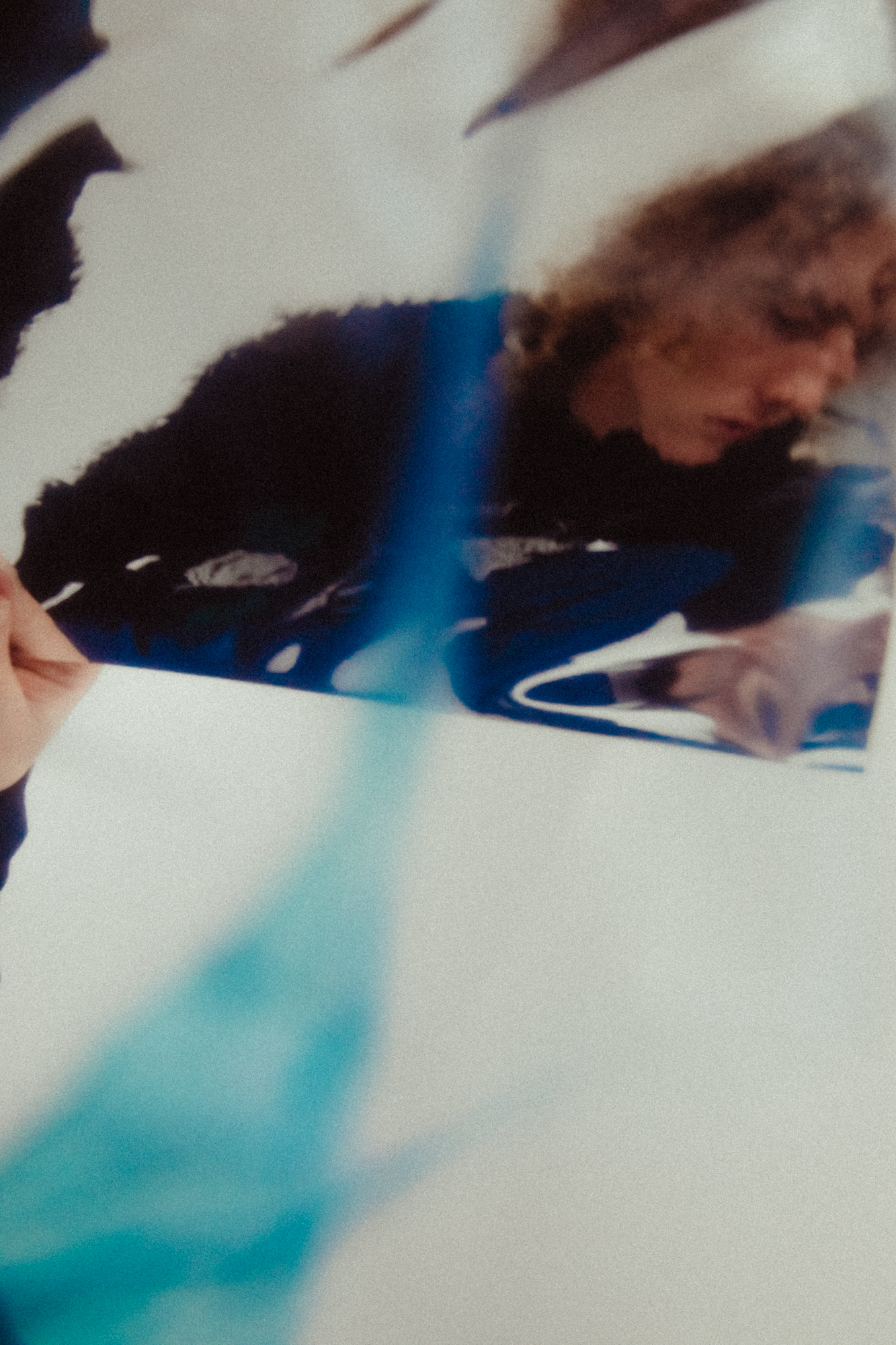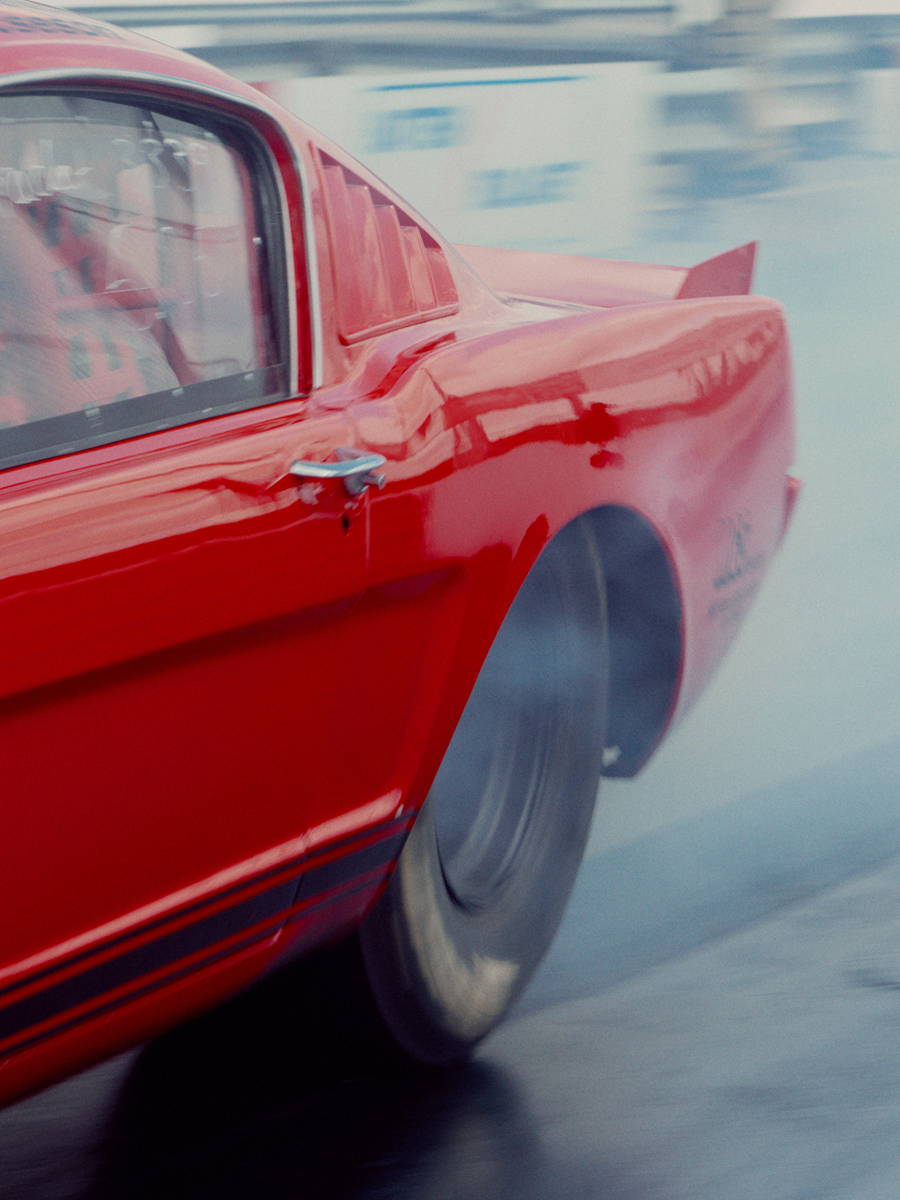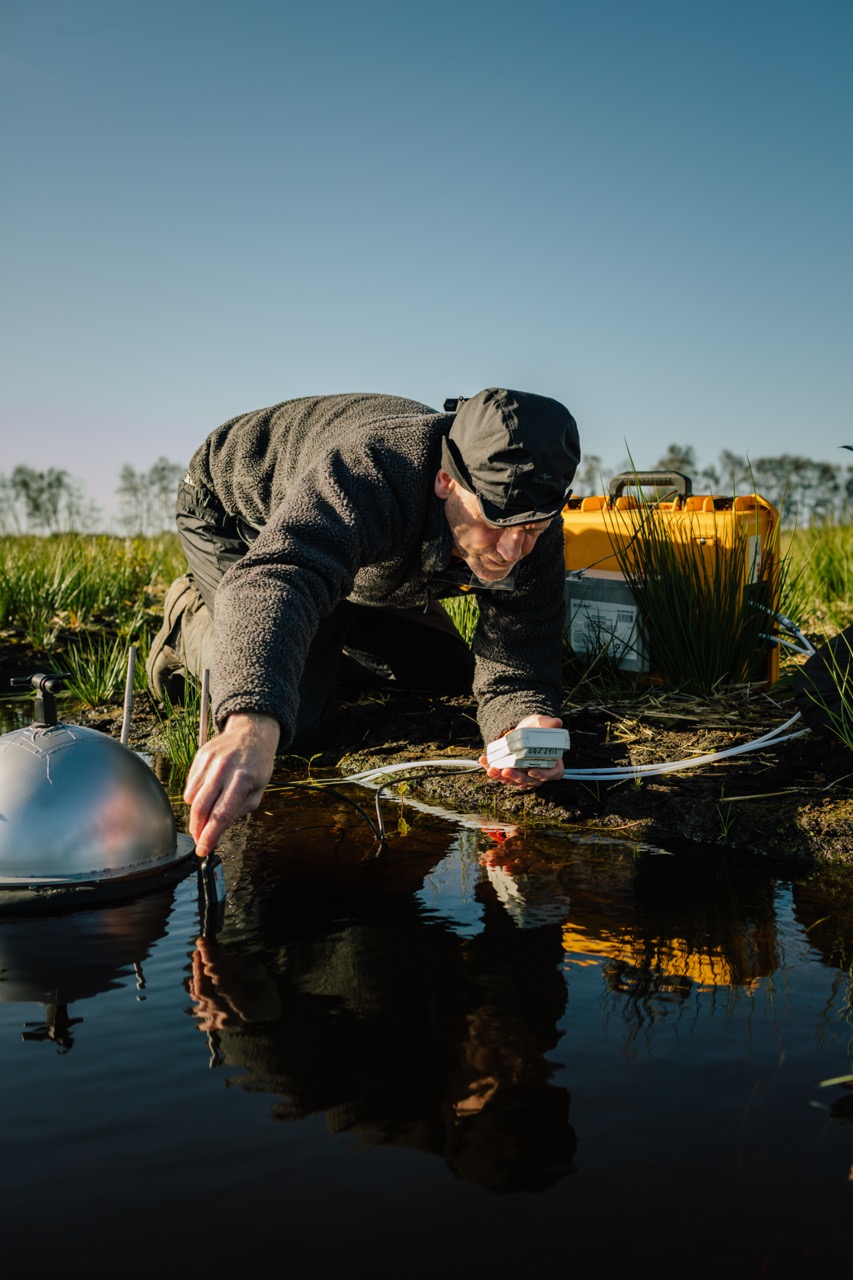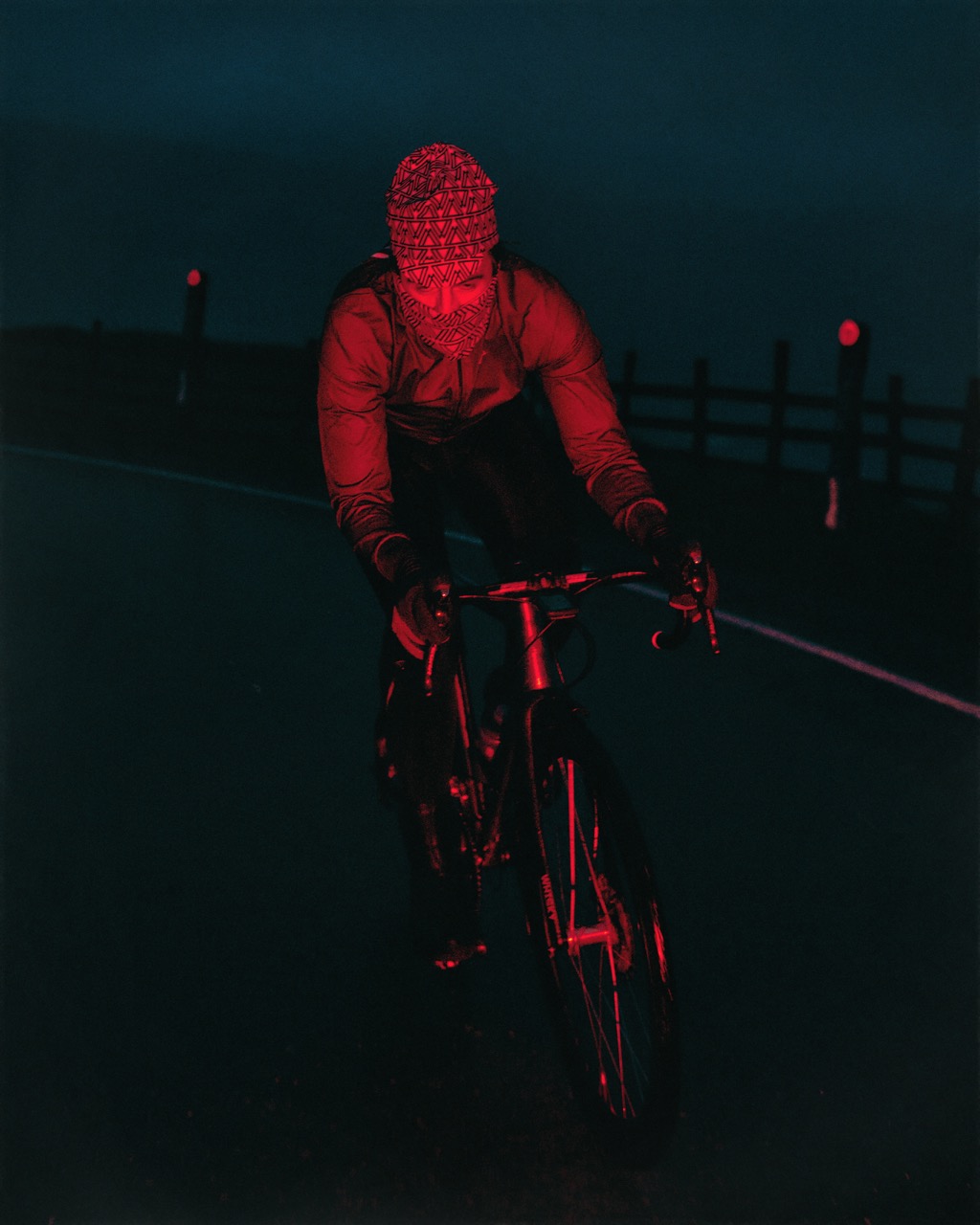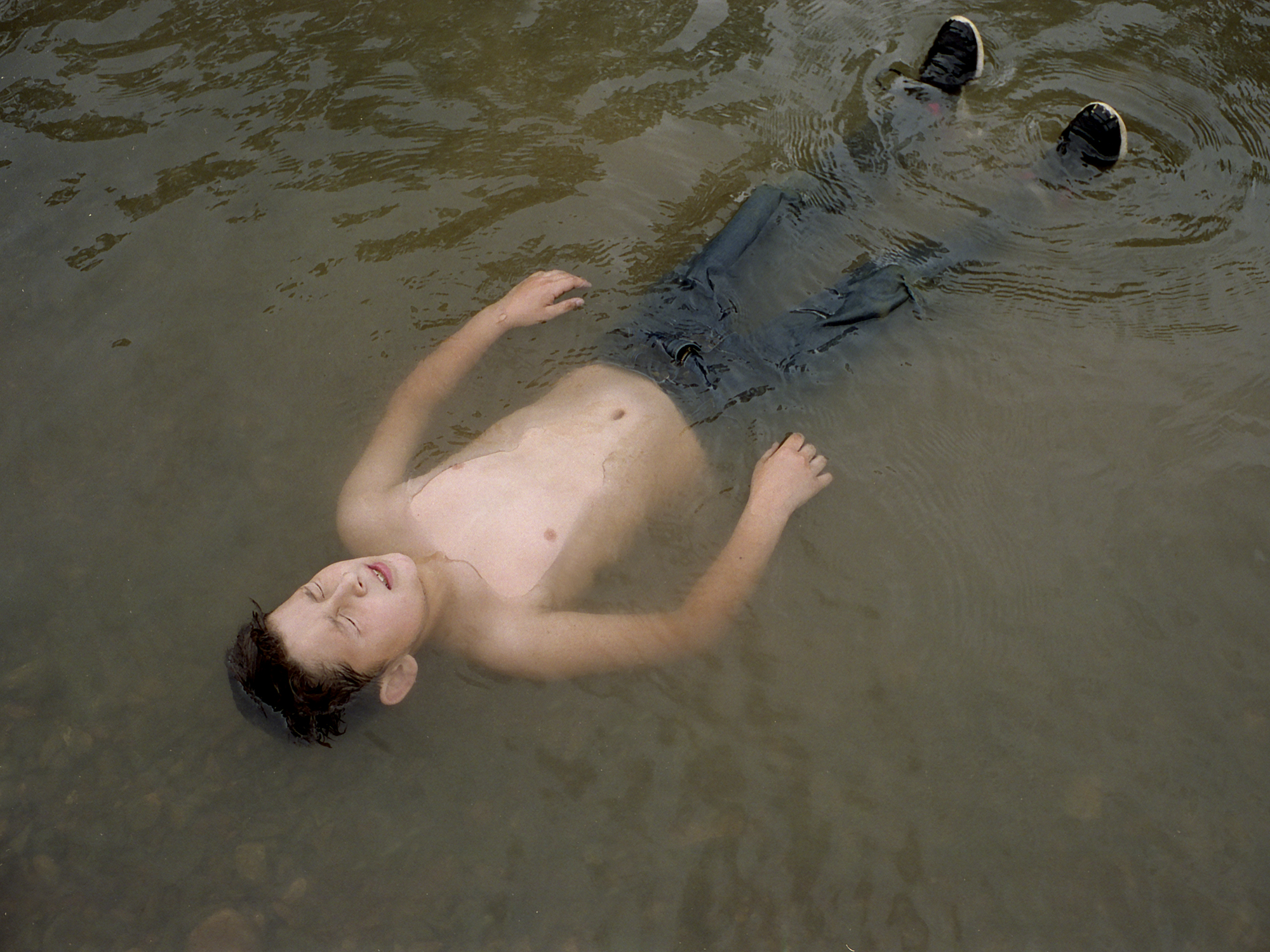We spoke with Bristol based photographer Josh Adam Jones about his new in progress series XO. Unearthing stories about the expatriate communities of Muscat in Oman. Jones concentrates on the relationship between locals and outsiders. As an outsider himself, Jones has created an intimate exploration of the diverse and colourful culture, working alongside the people Oman Jones was fortunate enough to work with The British Embassy and Oman Tourism College to create this stunning series. Visit this GoFundMe page to support this project and the publishing of XO as a book.
JW: Firstly, how did this project come to be, and what were your motivations behind this series?
JJ: The truth is, I actually wanted to work on a project in Japan but couldn’t afford it. I therefore started looking elsewhere as I knew I wanted to photograph abroad, somewhere away from my familiar surroundings. Flight comparison sites became my new best friend, and I would trawl the internet for interesting or far-flung places in which to begin my research. The Middle East was somewhere I new little about, and what knowledge I did have was fuelled by Western misconceptions and biases towards the Orient. Early motivations behind making this work were from being intrigued, but then soon developed into an investigation into misrepresentations of Middle Eastern values.
JW: You mention that this series was in response to Wester misconceptions of the East, did you find that you had any yourself before starting this series?
JJ: Western media has consistently catalysed negative views towards Islam in which a growing minority of people seem to uphold. Of course I did not, and do not think that Muslim communities should be persecuted on the basis of their religious viewpoint or choice of dress, and it is saddening to know this still exists. Experiencing life in a Middle Eastern country, even for a short period of time, reiterated the generally peaceful nature of such people. Although this series attempts to deal with such issues as religion, politics and race, I think it more suited if the images are permitted to exist by themselves to communicate with the viewer on a human level.
JW Along with help from The British Embassy and Oman Tourism College, you utilised Facebook groups and other websites to gain contact with people for this series and you can see that engagement within your images. Tell me a little about your time spent talking with these communities and the people you met?
JJ: I found the whole process quite remarkable really, and I found myself inundated with messages from various different people. It took me a while to search through them, and in the end there were so many I could not reply to each individual message. It was truly amazing that people were so wanting to help. I was told about the forthcoming nature of Omani’s, but this was something else! Prior to actually landing in Oman, I had successfully built a foundation of contacts who acted like informal fixers whilst I was there. Many of the interactions I had were a result of putting in the ground work before leaving the UK, and I met some incredible people this way.
Captain Adbulrauf (Ralph) was one such person, and a sure highlight of the trip. Ralph used to be the Captain of the Sultan’s Yacht, so is well respected amongst local Omani’s. Now a converted Muslim, Abdulrauf invited me to his grandeur home in a small fishing village just outside of the city. The conversation flowed and I found myself asking about the numerous works of art hung inside his home, and also the wealth of decorative objects which were littered throughout. Somehow the conversation turned to my home in the UK and the city of Bristol. Ralph, without saying anything led me through his kitchen and out of the back door, to which he proceeded to point at the side wall – a massive Banksy mural, complete with Pest Control authentication. Not only have Banksy and Invader been over for tea, it turns out Ralph was at the Mr. Brainwash gallery opening, which is featured in Exit Through The Gift Shop. There is definitely a documentary to be made about Ralph.

JW: Within two weeks you have created the start of an amazing series that already intimately explores the community, having secured a bursary for your second trip what do you plan to focus on in round two?
JJ: I have got a few ideas of what I would like to do, one of which being more to do with the oil industry over there. Apart from that, it’s still early days. The documentary about Ralph, amongst other people is in the pipeline (pun intended), and my girlfriend is going to work with me on this. Lauren is a fantastic producer and assistant, and I would love to complete the next trip with her.
JW: What do you look for when starting a new project, as a social documentary photographer what are the themes you want to follow?
JJ: I guess the simple answer to that question is I am interested in people, and specifically people who lead a different life to me. It’s funny though, because being a Skinhead, most people already see me as different to themselves and I don’t mind that. Very much like how I wish to change the general perception of the subculture I fit into, I aim to tell stories about often misrepresented places by using photography. Themes that I am interested in and which seem to follow me around are religion, politics, race and nationality. It’s not that I am actively trying to document such things, but I think they are important factors to consider when making pictures about society.
JW: With the research that you put in behind the scenes, and with other projects you have made, you get a sense of being an insider, it feels as though you know these people well, but yet there is still an element of exploration and distance. How do you feel looking back at this series and what do you do to maintain that familiarity with your subject?
JJ: The fact that you have commented on this means I am achieving what I set out to, and that is to unearth some of the incredible and interesting lives that other people lead. Photographing people was never actually a reason I began making pictures, so it’s actually quite weird reflecting on the last 3 or 4 years. It has been quite a journey. The most important thing for me is making that initial contact, whether that’s on the street or via a more ‘formal’ mode of communication such as Facebook, and then just being genuinely interested and engaged with people. Having a camera is just the closing segment of the circle really, and what I mean by this is it tends to come last in the process. Most of the time people enjoy talking about themselves and just need the right opportunity to do so. Building a rapport is essential, as people have to trust that you’re not there to exploit them.
JW: What is the best advice that you have ever been given?
JJ: What a question… and a tough one. I remember my tutor, Jim Campbell saying something quite a lot that has stuck with me: ‘the squeaky wheel gets the grease’. What I took from this is that as a photographer hoping to get somewhere, you have to be persistent but not annoying, determined but not arrogant.
JW: What advice would you give to anyone starting out in social documentary?
JJ: Make lots of pictures of people you don’t know, as it really pushes you to improve quickly. I hated it at first, but you have to learn the right things to say when you meet people (on the street for example), so it’s as much about social skills as it is about being good with a camera. Also, get a tripod.




